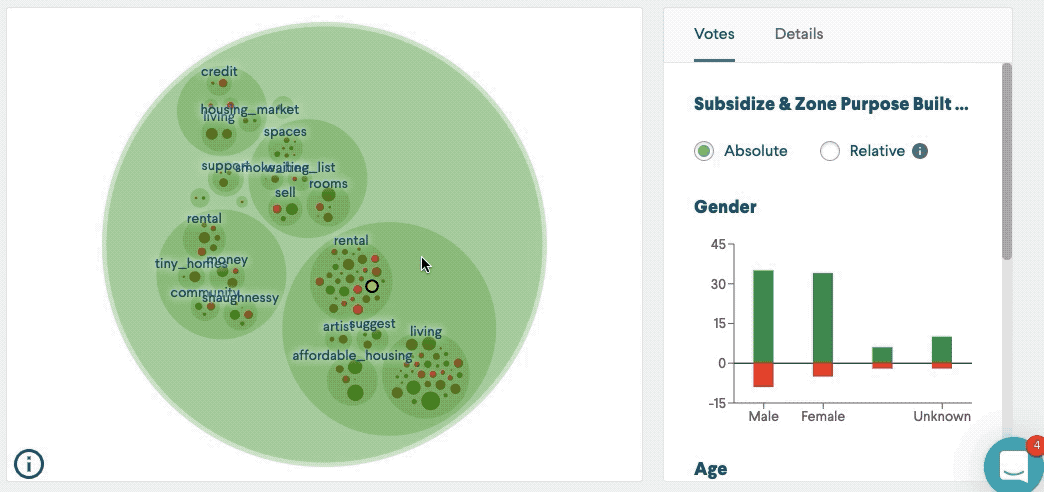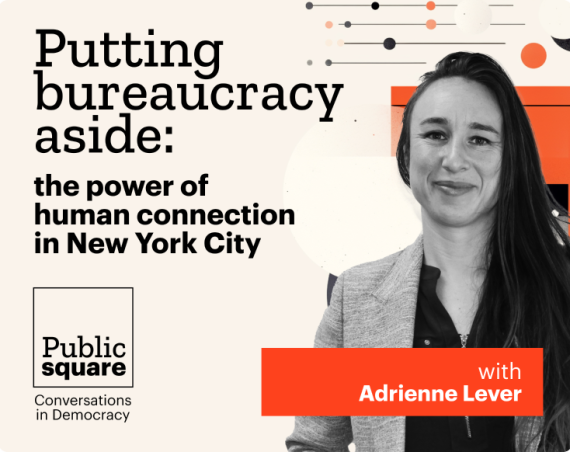Civic tech is now everywhere. Technological innovations have invaded the democratic field, and these tools are in the process of reinventing the way local governments interact with their citizens. From participatory budgeting platforms to idea collection, civic tech is now part of the daily life of many cities across the world. What role do they have to play in election campaigns?
The 2012 presidential race in the United States was the first to show that technology could win elections. By using digital tools to help campaigners organise and focus the door to door campaigning efforts, Barack Obama’s campaign team gained a decisive advantage over their opponent. Since then, the use of such tools has spread like wildfire and they are now often placed at the center of campaign strategies. So what exactly can civic tech tools do? How can candidates make the most of them? Follow the guide!
Increase mobilization
Let’s go back to where it all started: the first aim of civic tech tools is to help mobilize communities. Their primary function is to help citizens communicate, get organised and make their voices heard. On a campaign level, such tools can be formidable assets in structuring grassroots activism, setting up support systems and building efficient internal processes.
A few examples: platforms such as Actionkit provide ready to use campaign tools like email templates, fundraising processes or call campaigns. Rally helps organize fundraising events with just a few clicks. Amongst other things, CitizenLab gives parties the ability to automatically organise contacts into groups and tailor communications to supporters.
Civic tech tools also go beyond practical considerations. They make it possible to consult campaigners and give them a real voice in the construction of political programs. For full mobilisation, these grassroots activists must feel like their voice matters. Consulting them through online votes, inviting them to take part in working groups or giving them opportunities to meet the candidates can have hugely positive impacts on a campaign.
Data collection and voter targeting
It’s been almost impossible to ignore the impact that big data has had on elections in recent years. Technologies developed by companies such as Cambridge Analytica have enabled political parties to predict voting patterns very accurately by using personal data collected online. Using social media, parties have then been sending voters micro-targeted messages to influence their decisions.
These techniques were first developed by Obama’s campaign teams in 2012, and have since become a lot more powerful. To name but a few, they surfaced during the Brexit campaign, the last US presidential race, or the last Kenyan presidential elections. The use of such technologies has left a shadow of doubt looming over the campaigns. The opacity and intrusiveness of these methods have raised questions, and Cambridge Analytica had to to shut down following a series of scandals relating to its use of personal data. .
Of course, not all data-focused civic tech tools are shrouded in such mystery. Companies such as Callhub or Acronym also rely on data analysis, and have tried to make these techniques more transparent. However, such tools are still often expensive, complicated to implement without technical skills on the campaign team and badly perceived by the general public. Where does this leave campaign teams with limited time and resources?
Co-construction approaches
On this scale, reality is much less frightening (and much more attainable). Data collection happens at the idea level, on a voluntary basis. A growing number of candidates are turning to citizens to gather innovative ideas for their political program. Digital consultation platforms make it possible to reach a wider number of citizens than through traditional methods. It also allows candidates to hear from those who usually stay away from town hall meetings and other citizen assemblies: young voters, parents citizens from minorities…
This process helps candidates get a better understanding of citizens’ expectations and priorities. It can also show how these vary according to geographical areas or demographic criteria. Having access to this information in real time can help inform policy decisions and tailor communications to specific groups. It could be that senior citizens in an area care about public transportation, whilst young parents of that same area prioritise green spaces. Civic tech tools like the CitizenLab platform provide an automated overview of the citizens’ input, classified by topic, areas and demographical trait.

This approach is much more transparent than the collection of online personal data. It also has a proven positive impact on the way citizens perceive policy decisions. The process does not only help candidates establish better programs by tapping into collective intelligence; it also increases transparency and trust levels. Recent studies have shown that programs to which citizens can contribute are better perceived and see higher implementation rates.
Civic tech is here to stay, and the impact that it’s having on elections is deep and long-lasting. It has brought about powerful tools which have the potential to empower citizens and inform smarter decisions, but also to harness personal information, manipulate public opinion and create deep divides amongst voters. The responsibility for the future of civic tech lies with electors: will demands for greater transparency continue pushing the technology towards more accountability?





